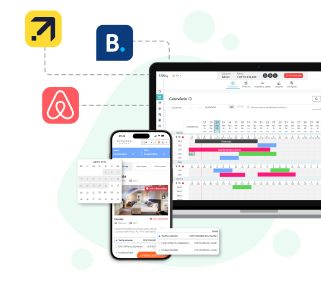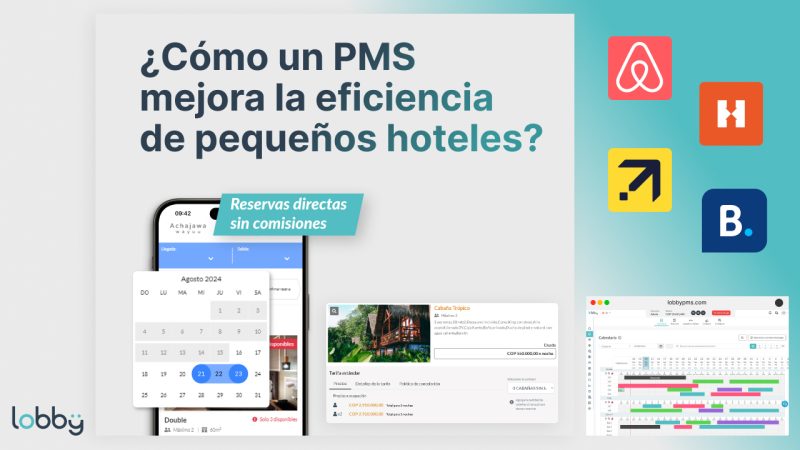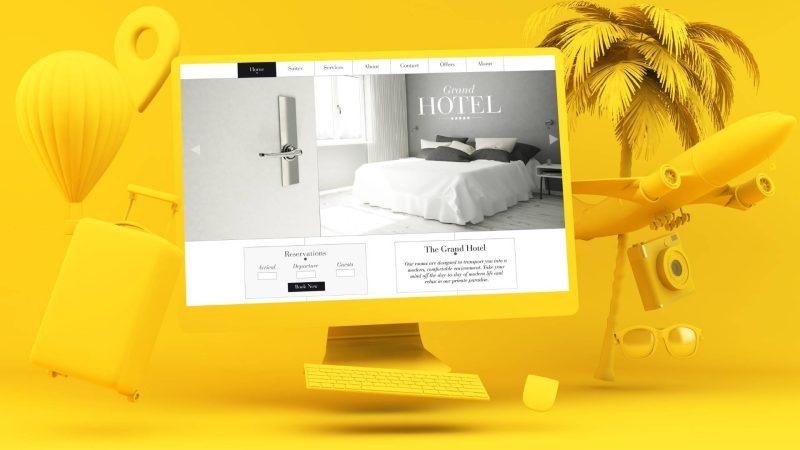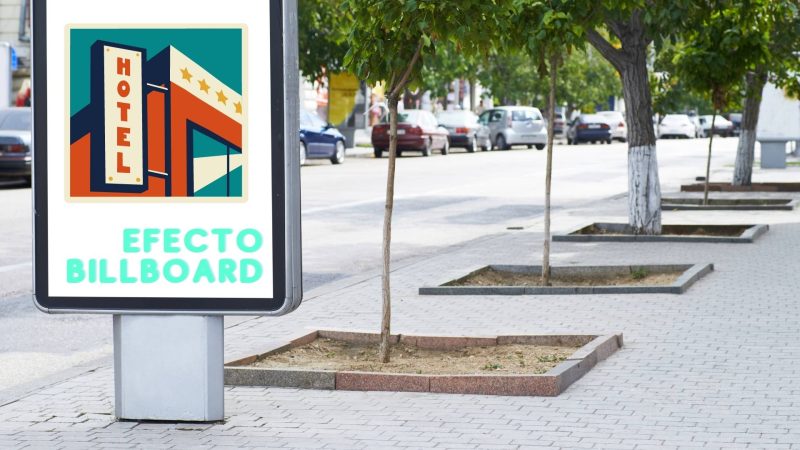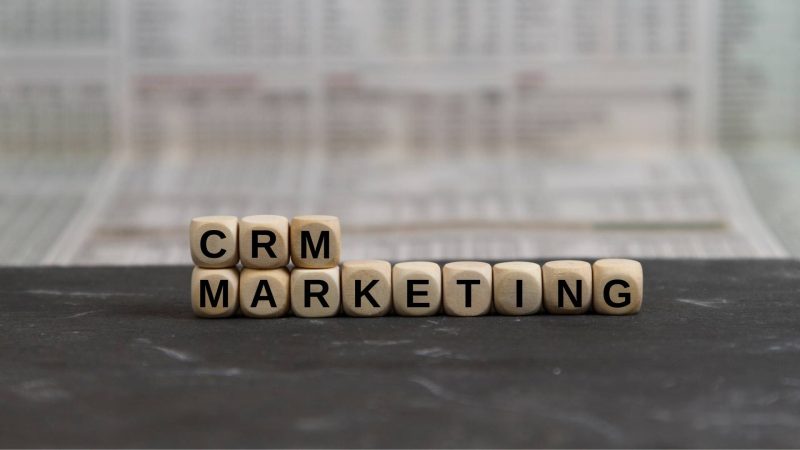Today, a Property Management System is a fundamental technological tool in the hotel sector. It organizes, schedules and executes day-to-day actions. Read on to discover everything this resource can do for your business and why it is essential that it includes a booking calendar.
What is a Property Management System?
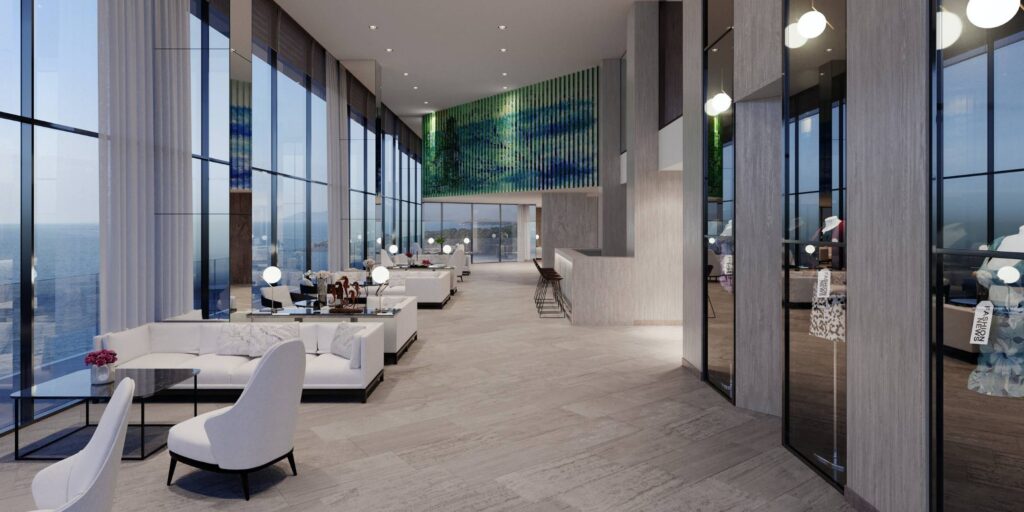
This system, also known as PMS (Property Management System), is an operational software to manage the daily functions of a hotel. It also centralizes and keeps up to date the large volumes of changing information that hotels handle in their reservation calendar, inventories, and others. This allows businesses to be more efficient, since the data can be consulted and modified in real time from multiple devices.
A bit of history

These tools date back to the 1980s. Originally, they were used to track reservations and inventory. They were digitally housed at the property and were difficult to upgrade to meet business needs. Over time, they began to include revenue management, connectivity to GDS systems, and sales.
In recent years, the rise of cloud-based technologies has reached PMS. Their ease of use and improvements in security, mobility and costs have made them popular, especially among small hotels. Currently, this style of PMS has been moving towards designs that consider integration with external tools.
What a PMS does

These are the main tasks that a comprehensive PMS automates:
- Reservations from various sources, centralized in the reservation calendar.
- Guest check-in and check-out actions.
- Financial operations such as account inquiries and balance sheets.
- Planning guest activities.
- Management of hospitality services such as key allocation; Internet, television and telephone; mini bar consumption, among others.
- Customer databases to personalize services and loyalty actions.
- Management of channels such as online travel agencies, GDS and booking engines.
- Handling facility maintenance issues.
- Supply inventory management.
- KPI Report.
Specifically, the booking calendar is a vital component of a good PMS. It provides an overview of the hotel on key aspects such as occupancy, outstanding payments, and seasonal rates. Let’s take a closer look.
The power of the booking calendar

You could say that the booking calendar is the heart of a PMS. As we mentioned, it allows you to know the general status of the hotel’s occupancy at a glance.
A truly useful booking calendar feature covers the following aspects:
- Immediate creation of reservations without using other modules in the system.
- Clear display of the current status of reservations. Colours are often used to identify reservations in progress, in progress, with partial payments or unpaid, for example.
- Direct availability of data associated with reservations: guest information, check-in and check-out dates, available accommodations, etc.
- Simple transaction management. For example, it allows you to move a reservation from one room to another if it has been overbooked. It also enables reservation transfers and rate changes when upgrading.
- Direct administration of rates applied to reservations depending on the strategy that the hotel has in progress.
In this way, the reservation calendar gives a PMS the power to command the most essential component of a lodging’s operation: reservations and guest flow.
Why do you need a Property Management System?
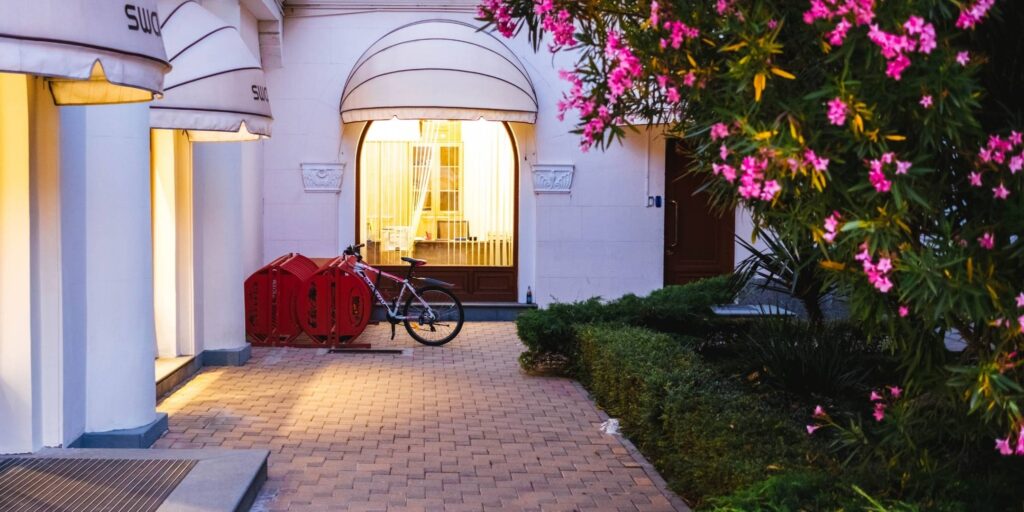
As you can see, a quality PMS can take care of many important tasks in
your business. In this way, it brings multiple benefits. A solid PMS contributes to:
- Reduce administrative errors.
- Integrate the different departments of the hotel: reception, services, management, etc.
- Streamline and professionalize hotel management.
- Easily access important data about guests, occupancy, inventory, and more.
- Closely and easily monitor the hotel’s financial transactions.
Thus, a good PMS helps meet various needs of a hotel, regardless of whether it is growing or a chain.
Efficiency
Hotels are businesses that benefit from operating efficiently, as this often translates into customers with met expectations. A PMS automates, digitizes and centralizes functions and data from day-to-day hotel operations.
Updated information
Additionally, a complete PMS contributes to agile and informed decision-making in real time. It does so by offering data that is always up-to-date and can be reviewed from any device connected to the system.
Mobility and scalability
A growing hotel needs access to vital information about its operations anytime, anywhere. PMSs are a direct window. They are also an easily scalable tool to cover more future locations of your business.
Technological integration
Today’s PMSs allow integrations with other technological resources used in hotels. This is the case with payment platforms, point-of-sale (POS) systems, channel managers and accounting systems, among others.
Today, hotel technology is a necessity to run a business with a focus on managing day-to-day operations in a simple, efficient and, above all, comprehensive manner. In turn, an optimal booking calendar functionality allows the hotelier to visualize and manage the variables inherent to the flow of services.
of guests in one place and from any screen.

